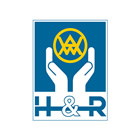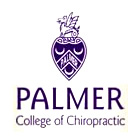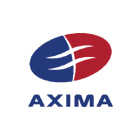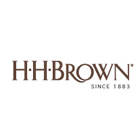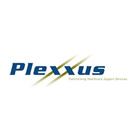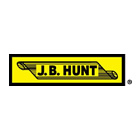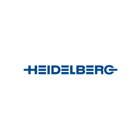
Ensuring Data Integrity in Backups with SyncBack
Author: Swapna Naraharisetty, 2BrightSparks Pte. Ltd.
Data Integrity is a process of verifying the accuracy and consistency of data stored on a storage device. The main objective of a data integrity check is to assure that the backup data is valid, and it is kept free from unauthorized access, modification or deletion.
Why is Data Integrity important?
Business or personal computer users regularly backup their important data to protect it from loss or corruption.
Once the data is backed-up, it may undergo several operations from time to time, such as retrieval for decision making, transfer to other systems, periodic updates or deletions by other users or processes. Also, depending on the storage location (external drive, remote drives etc.) and how backups are stored (encrypted or plain text), data can be corrupted over time and become useless for your business or personal needs.
Therefore, it’s not only important to focus on regular backups, but also on its integrity to ensure it remained unaltered and unaffected by viruses, hackers or any other threats.
How to verify data integrity?
Data integrity checking is not easy to perform if your backup program does not provide a convenient and efficient way to verify data stored on your backup devices. SyncBack solves this problem by providing two key features to check the accuracy and consistency of your backup data.
Verify that files are copied correctly
Verification (or spot checking) guarantees that an archive file created on your backup drive is an exact replica of the original file on the source. Verification is achieved by calculating and comparing the hash value of files on both source and destination and assures that the backup file is intact and is not corrupted during the transfer.
If SyncBack detects a difference in source and destination file, then it will delete the newly created backup file and records an error in the log file. This ensures that a corrupted file is never copied (or replaces an uncorrupted file) on the destination.
This feature is supported in all versions of SyncBack, which you can enable from:
Modify Profile > Expert > Copy/Delete > Verify that files are copied correctly
Note that the Verification option can significantly increase the backup time (as SyncBack calculates & compares the hash value of every file copied to destination), however you can reduce the time by specifying the files that SyncBack should or should not verify (using Verify Filter setting). Refer to our Verify files are copied correctly Knowledge Base article for additional details on this option.
Integrity Check
Integrity Checks verify the reliability of your backups and confirms that the backup is intact, unaltered and is kept free from corruption. This option is especially useful for archive files that are not changed or accessed frequently, so that you can check months or years later and ensure the backup files have not been tampered with or deleted.
This feature is supported in SyncBackPro V8 (and newer), which you can enable from:
Modify Profile > Expert > Copy/Delete > Integrity Check
For Backup or Mirror (Right) profiles you should enable file integrity recording on the destination side (i.e. on the side where your source files are copied and archived, but not on the source).
To verify the integrity of data, SyncBack records the hash value of backup files in an integrity database and updates the database whenever a new file is copied or existing file is modified by the actions of the profile.
In the future, if you want to verify the accuracy or consistency of your backup data then you can run the Integrity Check (right click on the Profile and select Integrity Check from the pop-up menu), SyncBack will then compare the hash value of each backup file with its hash value stored in the integrity database and assures that the backup is valid.
The Integrity Check feature can be used to verify the integrity of files stored on internal/external drive, network drive, the cloud, SyncBack Touch and FTP servers (that support hashing). Additional details on integrity check are available in the Integrity check section of SyncBackPro program Help file > Using SyncBackPro > Expert Mode > Copy/Delete > Integrity Check.
Conclusion
In conclusion, Verify that files are copied correctly verifies the accuracy of a backup file during the time of creation (spot checking), whereas the Integrity Check checks the consistency of archive files after they are created and stored (e.g. few hours, days, months or years later). By using these advanced features, SyncBack users can guarantee that their backup data is secure, complete and reliable.
Noted Customers
© 2003-2025 2BrightSparks Pte. Ltd. | Home | Support | Privacy | Terms | Affiliate Program

